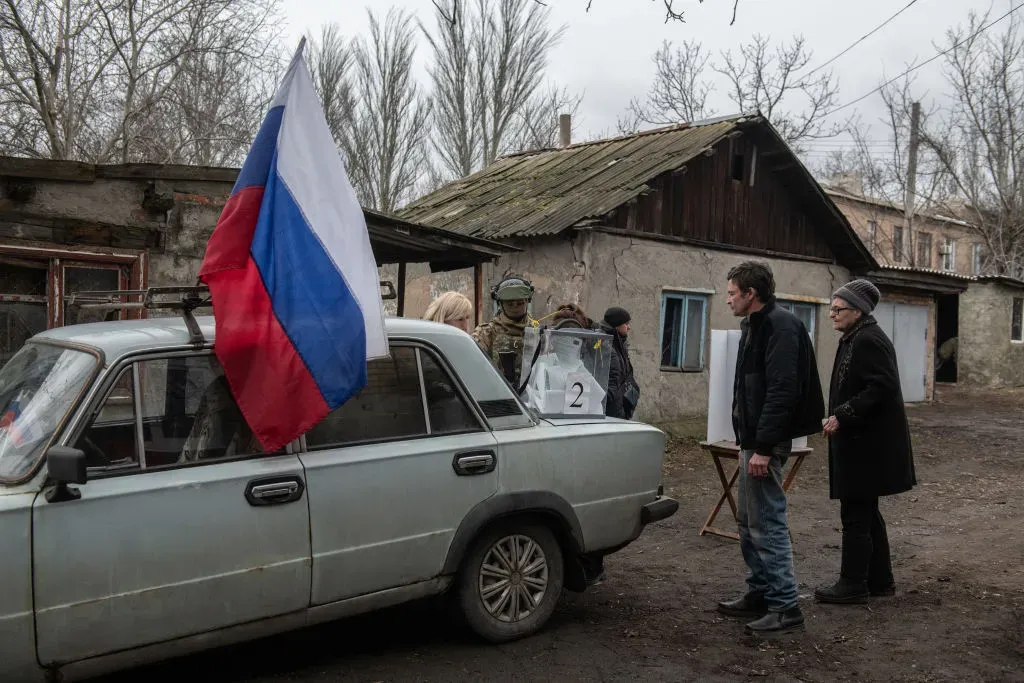Reuters: France to send ambassador to Putin's inauguration

France will send its ambassador to attend the inauguration of Russian President Vladimir Putin, Reuters reported on May 6, citing a diplomatic source.
Putin easily won another six-year term in office in an election in March that is widely viewed as being rigged.
Many European countries, such as the U.K., Estonia, Czechia, and others, have said they will boycott the inauguration ceremony.
A spokesperson for Estonia's foreign ministry said, "Estonia cannot legitimize diplomatic relations with an aggressor state, and we have decided not to attend Putin's inauguration ceremony."
While the source told Reuters that France condemned the circumstances of the election, as well as organizing voting on occupied Ukrainian territory, it would nonetheless send its ambassador.
The U.S. has not made a public announcement, but diplomatic sources told Reuters that it was unlikely there would be an American representative in attendance.
In a sign of the deterioration of relations between the two countries, the speaker of Armenia's parliament also said on May 6 that Armenian Prime Minister Nikol Pashinyan would not join the ceremony.
Armenia has long been an ally of Russia, especially vis-a-vis its primary regional foe Azerbaijan, and has thus largely refrained from getting involved in Russia's full-scale war against Ukraine.
The calculus began to change as Russia refused to intervene in Azerbaijan's 2022 blockade of the Nagorno-Karabakh region, which was primarily populated by ethnic Armenians.
After Russian "peacekeepers" failed to prevent Azerbaijan's September 2023 offensive into the region, resulting in the reintegration of the territory into Azerbaijan, relations between Armenia and Russia have fallen to an all-time low.













